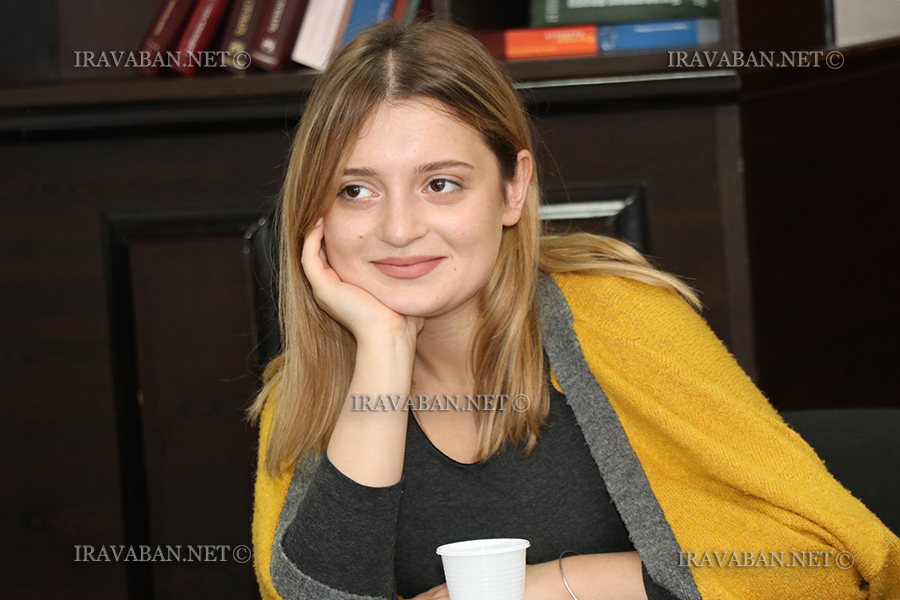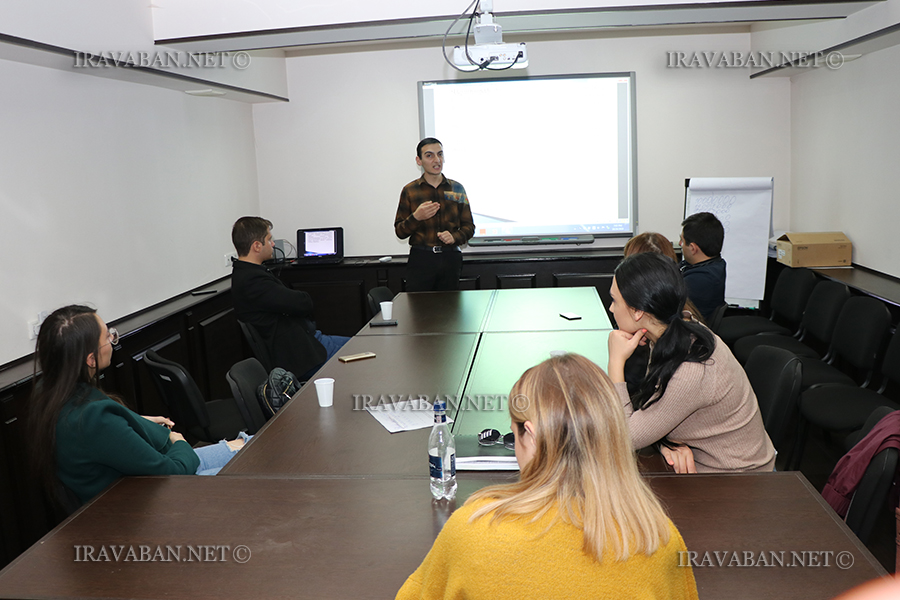During the regular lesson of the Anti-Corruption School for Young Leaders, participants explored the international experience of recovering stolen public assets as a result of corruption-related crimes .
Mr. Narek Yenokyan, an anti-corruption expert at the Armenian Bar Association conducted the lesson.
The study of the international experience shows that asset recovery takes place in the following 4 stages:
Preliminary investigation phase. The investigator receives information about the crime or the stolen asset and begins to search for the authenticity of the information obtained. At this stage, financial intelligence is of the utmost importance to discover whether preliminary information provides reliable data on the assets stolen and their potential location. The answer to the following question: whether there was a crime and who committed the crime, is crucial at this stage.
Trial phase: This phase begins when the investigative and prosecutorial authorities have completed their work and brought the case to court. This phase includes the trial and the publication of the decision or judgment. If the defendant is convicted of a crime, the court shall, in a final judicial decision, decide to seize the assets acquired as a result of the crime. In case of non-appeal of the legal act, the status of assets is changed from “frozen” to “confiscated”.
Return phase. The assets are returned to their rightful owners in the light of their obligations to share internationally recognized assets and the rights of bona fide third parties. At this stage it is important to determine the volume and methods of the assets to be returned.
According to the expert, “The existence of the verdict of guilty is mandatory in case of confiscation, which is made on the basis of that verdict. While in case of confiscation in the absence of the verdict of guilty the existence of the verdict is not imperative and the existence of a confiscation procedure is sufficient.
In the case of such a procedure, the principle of “balance of probabilities” applies instead of the principle “beyond reasonable doubt”. Which presupposes that the hypothesis that the court will consider more probable to win will “win”” Narek Yenokyan said.
“The Armenian Lawyers’ Association” NGO is organizing the Anti-Corruption School for Young Leaders in cooperation with the Armenian CSO Anti-Corruption Coalition.
Iravaban.net independent information website is the information partner of the Anti-Corruption School for Young Leaders.

















